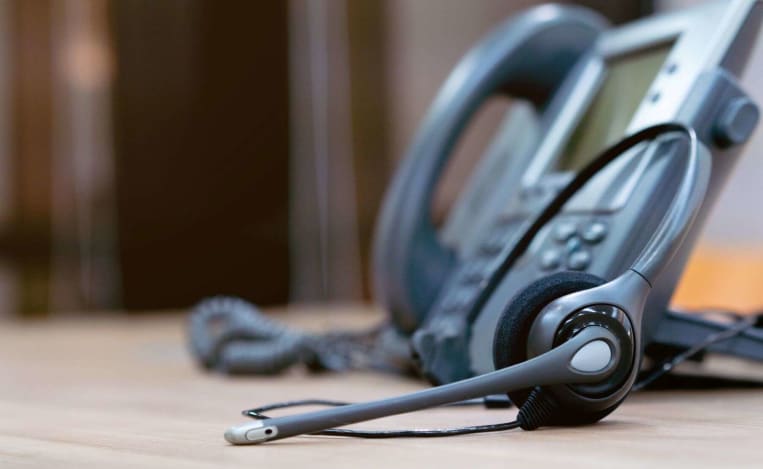
IRS fraud calls may be the new trend in tax scams

(Getty Images)
The Internal Revenue Service (IRS) has changed the way it deals with overdue taxes, and that means third-party collection agencies may now call you on the phone.
Like the IRS, Better Business Bureau (BBB) is concerned this change might lead to scammers trying new tax scams to trick people with IRS fraud calls. Here is what you need to know about this program that started in April 2017.
A federal law signed in 2015 lets four contractors collect unpaid tax debts for the government. According to the IRS, these are unpaid tax debts that were assessed several years ago and which the agency is no longer trying to collect directly.
All four of the companies contracted by the IRS are BBB Accredited Businesses:
CBE Group
1309 Technology Pkwy
Cedar Falls, IA 50613
ConServe
200 CrossKeys Office park
Fairport, NY 14450
Performant
333 N Canyons Pkwy
Livermore, CA 94551
Pioneer
325 Daniel Zenker Dr
Horseheads, NY 14845
There are many ways to tell whether a call you receive about tax debts is an IRS fraud call. According to the IRS, people with overdue taxes will always receive multiple contacts, including letters and phone calls, from the IRS first. The IRS will also always notify taxpayers before sending their accounts to a private collection agency.
Here’s how it will work, and how you can tell the difference between a legitimate debt collector and a tax scam:
- The IRS and the private debt collection company will both send a letter to the taxpayer first. If you get a call first and had no idea you owed taxes, be cautious. NOTE: Taxpayers who have recently moved may have missed those letters. This could lead to confusion if their first contact is from the collection agency. Taxpayers can use Form 8822 to update the IRS with a new address.
- Private debt collectors will be able to identify themselves as contractors of the IRS collecting taxes. These employees must comply with the Fair Debt Collection Practices Act and, like IRS employees, must be courteous and respect taxpayers’ rights. If the caller yells, curses, or threatens to have you arrested, it is not a legitimate collector. Just hang up.
- Private debt collectors will not ask for, and cannot accept, credit card information over the phone. Consumers will pay the IRS directly and will not need to send any money to the private debt collection company. You can check the IRS payment page. You can also see your balance and payment history. If the caller asks you to pay them directly, and especially if they ask for an unusual form of payment such as wire transfer or gift cards, it’s a scam. Just hang up!
- Taxpayers can ask for their accounts to be transferred from the private debt collection back to the IRS.
The IRS adds that private collection firms will only be calling about tax debts that people have had for years and that they have been contacted about previously. Taxpayers can confirm they have an unpaid tax debt from a previous year by visiting your IRS online account.
BBB reminds all consumers, particularly those who have outstanding tax debts, that the IRS will explain this new process clearly and will make every attempt to work with them to set up payment plans. They will also give taxpayers the chance to question or appeal the amount owed.
For more information
Visit IRS private debt collection page.
Learn more about protecting yourself from tax scams and report an IRS fraudulent call at BBB Scam Tracker.
Still Need Assistance?
Contact Your Local BBB
Your local Better Business Bureau can assist you with finding businesses you can trust. Start With Trust®.
Additional Resources
Central Ohio BBB Business Podcast